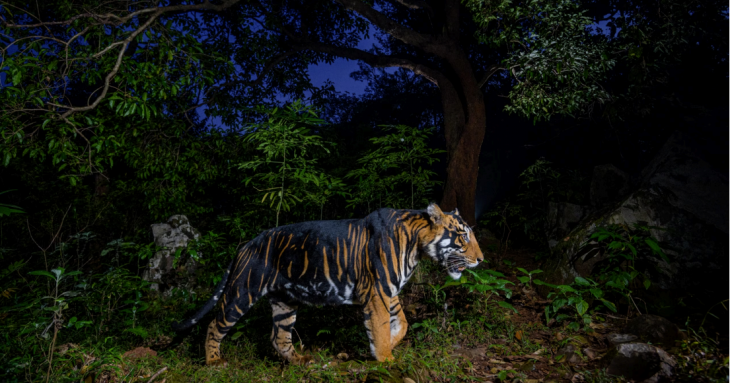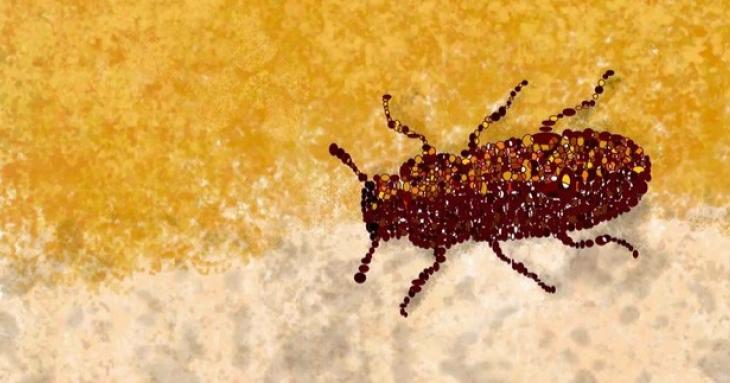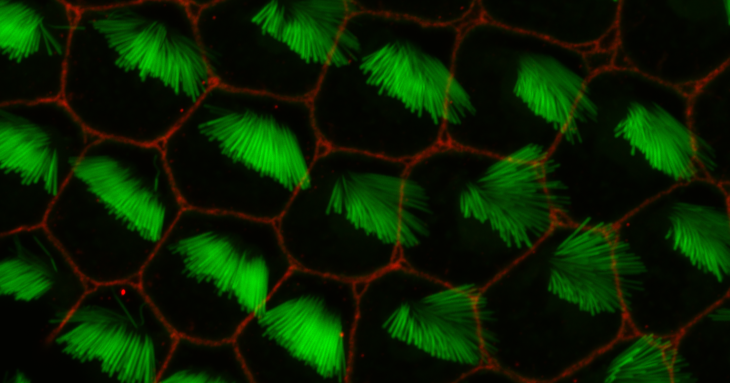-
NCBS' research on National Geographic: The curious case of the tigers who changed their stripes
National Geographic has released a major cover story on the pseu
-
How does a species fight extinction?
In the 1990s, when Kauai crickets in Hawaii sang love songs with their wings to attract mates, a new island visit
-
How do cells build organs without a blueprint?
For cells to form functional organs, they must not only multiply but also migrate to the correct loc
-
A new database to predict protein function without complete 3D structural information.
Proteins drive nearly every process within a cell.
-
Swarnadip Ghosh wins The Carl Storm International Diversity Award and The DMM Conference Travel Grant for attending The Angiogenesis Gordon Research Conference
Swardnadip Ghosh, graduate student from Dr Soumyashree Das's lab at the National Centre for Biological Sciences , Bengaluru, recieved The Carl Storm International Diversity Award by Gordon Research Conferences and The DMM Conference Travel Grant by Disease Models & Mechanisms journal by The Company of Biologists, for Participating in The Angiogenesis Gordon Research Conference at Newport, USA.
-
Social status shapes how we handle stress
In the animal kingdom, social hierarchies are everywhere - from hornets to hyenas to humans.
-
Tracing the origins of a key enzyme in multicellularity
Effective communication between cells is fundamental to the success of multicell
-
How Red foxes survive among free-ranging dogs in the Indian Trans-Himalaya
Across the globe, the spread of human settlements has brought with it the rise of our most familia
-
NCBS launches Indica School of Field Ecology and Conservation
The National Centre for Biological Sciences(NCBS-TIFR), Bengaluru, launches a new initiative— the Indica School of Field Ecology and Conservation, generously supported by a grant from the Murty Trust.
















